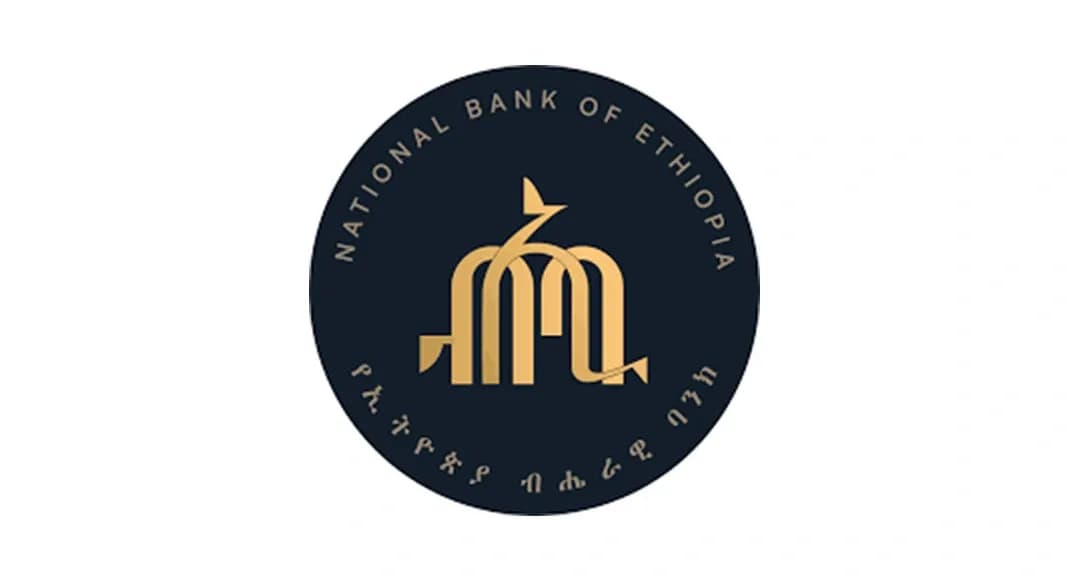Progress for 0 ad
Progress for 1 ad
Progress for 2 ad
Progress for 3 ad


Munir Shemsu
Addis Ababa, Ethiopia

Commercial banks are narrowing their posted FX trading spread by nearly a fifth in tandem with new guidelines by the central bank. The state-owned Commercial Bank of Ethiopia (CBE) began the trend as its posted selling rate for the US Dollar dropped from 123.653 Birr on Monday to 115.394 the following morning.
Several other banks followed during the day, with Awash Bank bringing down its posted selling rate from 125 to 115 birr, the Cooperative Bank of Oromia (COOP) from 126.5 to 115, and the Bank of Abyssinia by a roughly similar amount. Most of the bank’s posted buying rate has averaged at a little over 113 birr.
The development aligns with the National Bank of Ethiopia’s (NBE) statement on Tuesday morning, which requires a separate treatment for FX-related service fees and commissions. The bank’s latest move looks to extricate fees and commissions charged on FX transactions from the trading spread, thereby reducing them on posted rates. NBE is expecting a competitive setting of charges on FX transactions while refraining from outright dictation of the amount in its statement.
A decision by the central bank in August that required the inclusion of fees and commissions into the spread of the banks appears to have contributed to the bloated posted rate margins.
Following the transition towards a market-based foreign exchange regime in the final days of July, the ballooning spread at most banks, had become a source of concern for many industry onlookers.
Senior bankers like Worku Lemma fear that the banking industry’s profit motivation could thwart efficient allocation of the country’s precious FX reserves. He would much rather have some form of limit on service fees and commissions rather than a mere recommendation.
“FX reserves are Ethiopia’s resources, not a property of the banks,” Worku told Shega.
While the central bank’s statement attributed the policy pivot to lessons learned over the past two months, it only goes as far as expecting the banks to adhere to international best practices. Despite NBE’s statement signaling a 2% spread as a figure representative of international norms, the banks are free to set their FX buying and selling rates in light of market conditions.
The updated exchange rates posted for the day fall almost perfectly within the prescribed bounds of the central bank’s latest statement. However, charges and fees on the opening letter of credit, confirmation, SWIFT, and other international trade financing have slight variations between banks.
👏
😂
❤️
😲
😠

Munir Shemsu
Munir S. Mohammed is a journalist, writer, and researcher based in Ethiopia. He has a background in Economics and his interest's span technology, education, finance, and capital markets. Munir is currently the Editor-in-Chief at Shega Media and a contributor to the Shega Insights team.
Your Email Address Will Not Be Published. Required Fields Are Marked *